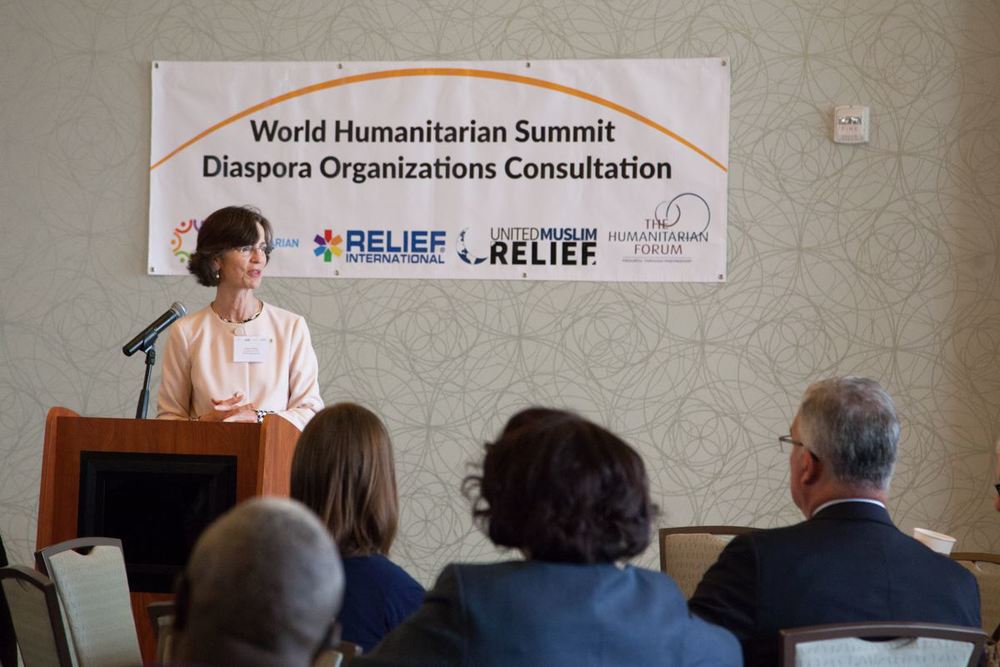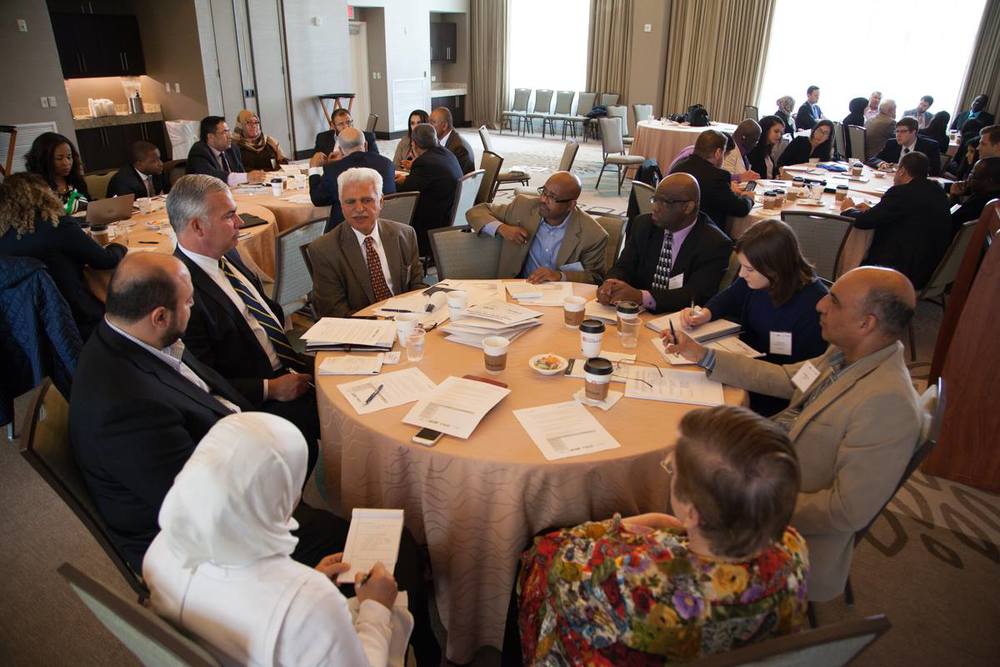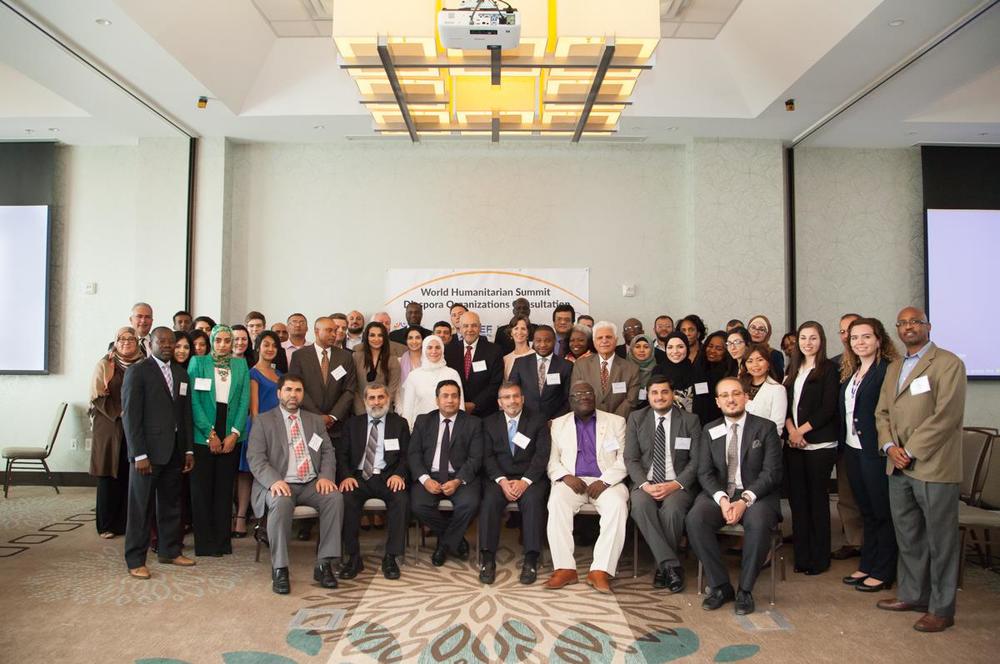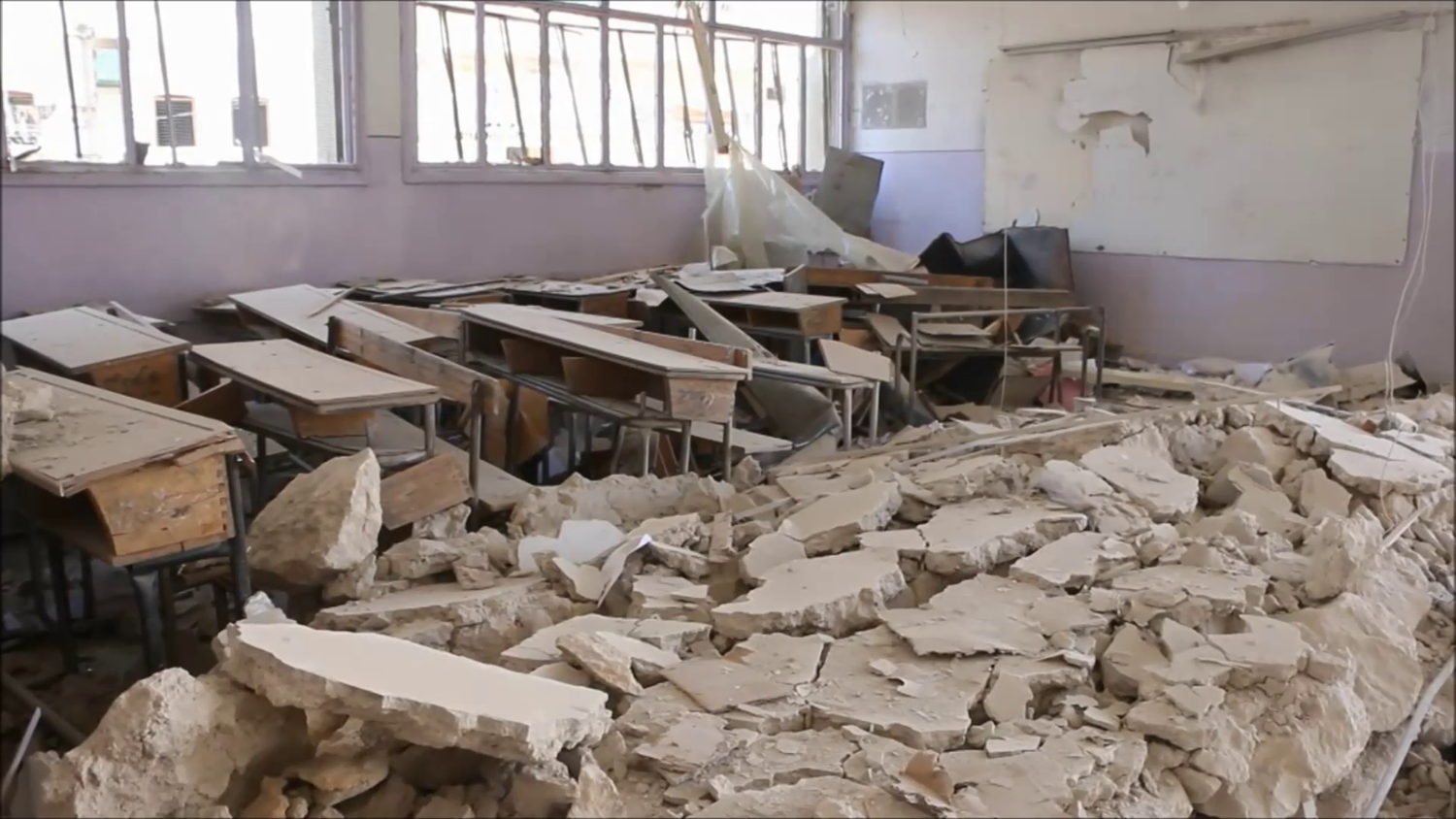EDUCATIONAL RELIEF IN THE SYRIAN CONFLICT ZONE
“It was wonderful to hear from the diverse range of humanitarian players who, being deeply connected to their countries of heritage, continue to participate in vital humanitarian work through their important perspectives. Their experiences are key to any successful future humanitarian agenda.”
PASS participated in the recent U.S. Diaspora Consultation in Washington, D.C., where we took a lead role in convening nonprofits and leaders to propose solutions to the changing humanitarian landscape and identify at-scaled educational responses in the Syrian conflict zone.
On April 20, 2015, United Muslim Relief and Relief International came together to host the U.S. Diaspora Consultation in Washington, D.C. The consultation was part of the lead-up to the 2016 World Humanitarian Summit and provided a forum for diaspora communities in the U.S. to contribute shared successes and potential solutions to the changing humanitarian landscape.
Looming massive in that landscape is the humanitarian crisis in Syria. By now we are all too familiar with the nightmarish figures: 3.9 million displaced Syrians, with thousands more fleeing every day, are in exile in Turkey, Lebanon, Jordan, Iraq, and Egypt, where they see no prospects for returning home in the near future; have few opportunities to restart their lives; and in many cases, struggle to survive. A further 6.5 million people are displaced within Syria, where a quarter of schools and half of the hospitals are destroyed or inoperative.
Of the nearly 4 million population displaced from Syria, over half of those uprooted by the conflict are children under the age of 18. Most of them have been out of school for months or years, and some have never been enrolled. Already observers are warning of a “lost generation” [pdf] of Syrian youth, wounded by the psychological and physical traumas of war and lacking for hope or a future. Yet not a single local, regional, or international actor has offered an at-scale, sustainable response for the wide educational gap facing displaced Syrian children and youth.
To this end, in a separate meeting one day after the U.N. consultation event, PASS took a lead role in convening a group of individuals within two of our partner organizations, United Muslim Relief (UMR) and Relief International (RI), to look specifically at models and pilot programs within and outside of the Syrian crisis zone. Our goal is to identify or design an effective, at-scale educational response for displaced Syrian children and youth. PASS believes our partners have the capacity to make a difference in this conflict. Relief International is one of the only organizations that still operates clinics on the ground in rebel-controlled areas of Syria, while United Muslim Relief effectively connects grassroots communities and mobilizes youth to take action on urgent humanitarian initiatives abroad.
One of the educational response models that emerged at the UMR/RI meeting was the ‘Ayn Jaloot Project, which operates much-needed schools within Syria. The Project shared a video describing the activities of one of their school sites in Aleppo; unfortunately, the video also graphically illustrates the types of threats and tragedies that millions of Syrian people face every day living in a war zone.
Note: Please also be advised that the video contains graphic imagery and viewer discretion is advised.
Video provided by the ‘Ayn Jaloot Project
The fate of the ‘Ayn Jaloot School and its students is just one facet of the desperate and urgent situation on the ground in Syria for children, youth, and the brave adults who care for them. The video also, however, illustrates the will and resilience of war-torn communities to sustain hope, rebuild, and move forward, if only they have the means and opportunity.
PASS and our partners are still seeking ways to scale up and make the most immediate response in the Syrian conflict zone to provide children the means and the opportunities to rebuild their educations and their hope. If you have ideas or thoughts, would like to be part of this effort, or have a case study or model you would like the convening group to consider, please contact us at info@pass-usa.net.
Attitudes expressed in the above ‘Ayn Jaloot Project video are the speakers’ own and do not represent PASS or its partners. PASS adheres to humanitarian principles and believes people should all be helped regardless of political or religious affiliations.
Above photos provided by United Muslim Relief. More photos of the consultation are available at United Muslim Relief’s Facebook page.







Got something to say?